
On the afternoon of October 23, continuing the 10th Session, the National Assembly discussed in groups the Population Law Project. One of the contents that received much attention from National Assembly deputies was the regulation on measures to maintain replacement fertility.
The majority of delegates agreed with the promulgation of the Population Law to institutionalize the Party's policies and guidelines on population work; they said that, basically, the draft Law ensures compliance with the Constitution, ensures unity and synchronization in the legal system, and compatibility with relevant international treaties.
Regarding maintaining replacement fertility, Article 13 of the draft Population Law stipulates measures to maintain replacement fertility such as: increasing maternity leave, financial support, priority for buying or renting social housing...
According to delegates, this is a particularly important issue, because maintaining a reasonable birth rate is to ensure the future population and vitality of the country's development.
Delegate Nguyen Viet Thang (An Giang Delegation) said that these are appropriate policies. However, these regulations are only short-term support to ensure the maintenance of replacement fertility. It is necessary to add some longer-term solutions and policies such as: ensuring employment, stabilizing income to have enough financial capacity to raise young children, supporting education , health care, etc.

Delegate Dang Thi Bao Trinh (Da Nang City Delegation) pointed out that the measures to maintain the replacement birth rate stipulated in the new draft Law are short-term and heavily financial incentives. Meanwhile, the root cause of the current low birth rate is that people are not “afraid to have children”, but are afraid of not having enough conditions to raise children well.
Therefore, delegates proposed shifting the policy focus from "support for childbirth" to "support for raising children", accordingly, it is necessary to prescribe sustainable, long-term policies, linked to the basic rights of children and women.
For example, regulations on policies to support childcare costs for children under 36 months old for female workers, especially in industrial zones; strengthening credit policies on housing and public nurseries for families with young children.
Regarding measures to maintain replacement fertility such as increasing maternity leave, financial support, and prioritizing the purchase or rental of social housing, Vice Chairman of the National Assembly Tran Quang Phuong also said that there is still a need for more breakthrough policies on labor, employment, and child care and education services.
Delegate Hoang Trung Dung (Ha Tinh Delegation) proposed adding the measure "Legal and financial support for infertile couples".
The delegate said that currently, the rate of infertile couples in Vietnam accounts for about 7-10% of the population of reproductive age, while the cost of in vitro fertilization (IVF) ranges from 60-100 million VND/time, beyond the ability of many families.
"The addition of this provision aims to increase humanity, support the right to legal parenthood, and at the same time contribute to maintaining the replacement fertility rate and ensuring sustainable population development," the delegate stated.
In addition, delegate Hoang Trung Dung suggested that it is necessary to supplement regulations on maternity leave for single women giving birth. Because currently, the new law stipulates maternity leave for pregnant women giving birth in legal marriages, and does not specifically mention the case of single women giving birth.

According to the delegate, the addition of the above provision aims to ensure equal and humane rights, in accordance with social reality and the principle of protecting mothers and children as recorded in the Constitution and international treaties to which Vietnam is a member.
Sharing the same view, delegate Hoang Ngoc Dinh (Tuyen Quang delegation) proposed to add regulations on maternity leave for single women giving birth and raising children. The delegate said that adding this regulation is necessary to ensure equal rights, humanity and in accordance with social reality; complying with the principle of protecting mothers and children as recorded in the Constitution and international treaties to which Vietnam is a member.
Meanwhile, delegate Bui Sy Hoan (Hai Phong City Delegation) pointed out a huge "policy gap" in the current Law, which allows women to take 6 months of maternity leave, but the public kindergarten system accepts children from 18 months old.
The delegate raised the question: "So during the period from 6 months to 18 months old, where will the children be sent, who will take care of them?". The delegate said that this is a huge pressure for couples in urban areas and industrial zones, forcing them to rely on grandparents or spontaneous childcare groups, which are potentially risky. On that basis, the delegate proposed to study allowing mothers to take time off work until 18 months old, or requiring daycare centers to accept children earlier, or arranging flexible working hours.
Source: https://nhandan.vn/can-cac-chinh-sach-dai-han-dot-pha-duy-tri-muc-sinh-thay-the-post917573.html


![[Photo] Prime Minister Pham Minh Chinh chairs meeting on railway projects](https://vphoto.vietnam.vn/thumb/1200x675/vietnam/resource/IMAGE/2025/10/23/1761206277171_dsc-9703-jpg.webp)
![[Photo] President Luong Cuong holds talks with South African President Matamela Cyril Ramaphosa](https://vphoto.vietnam.vn/thumb/1200x675/vietnam/resource/IMAGE/2025/10/23/1761221878741_ndo_br_1-8416-jpg.webp)


![[Photo] Prime Minister Pham Minh Chinh meets with South African President Matamela Cyril Ramaphosa](https://vphoto.vietnam.vn/thumb/1200x675/vietnam/resource/IMAGE/2025/10/23/1761226081024_dsc-9845-jpg.webp)




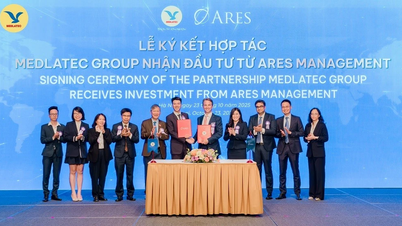

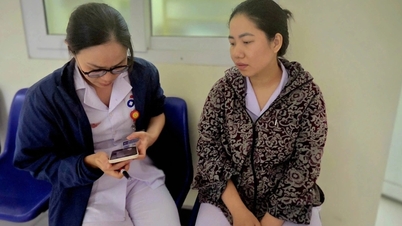

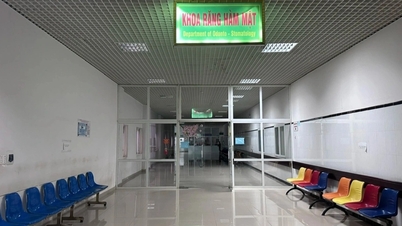







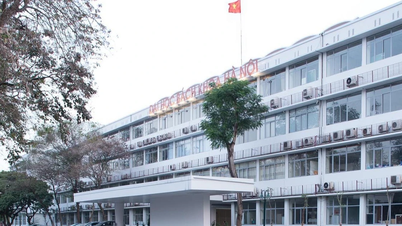








































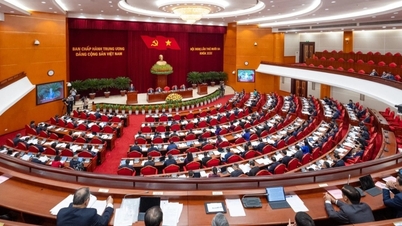









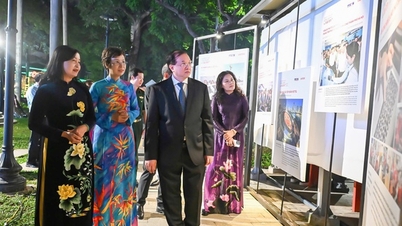






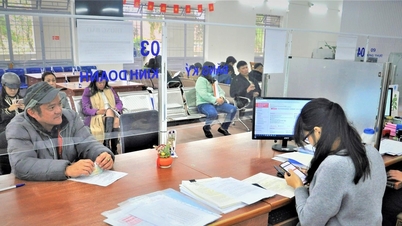


















Comment (0)